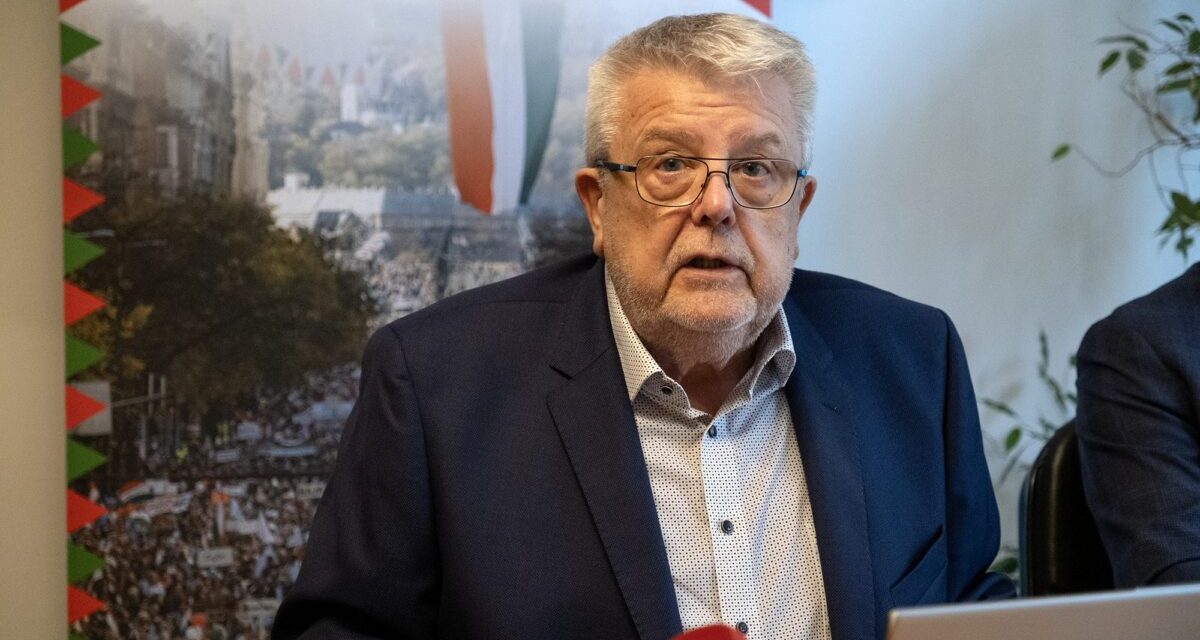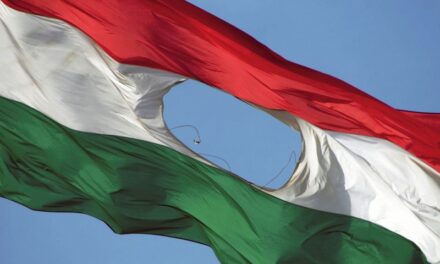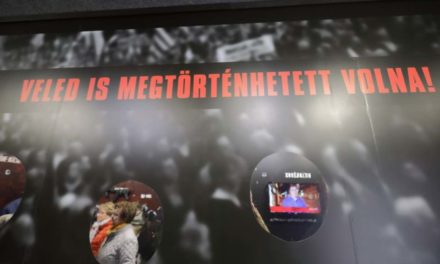László Csizmadia, the chairman of the CÖF-CÖKA board of trustees, pointed out at today's press conference that how a multinational company, SPAR Hungary, is trying to impose its exaggerated profit interest on Hungarian customers.
Pro-peace is the wisdom of our everyday lives. Workplace peace is a concept that should be taken to heart. CÖF-CÖKA and the Egyenlő.hu trade union are following this path.
Our press conference points out how a multinational company, SPAR Hungary, tries to impose its exaggerated profit interest on Hungarian customers.
SPAR has been established in Hungary since 1991. Its 33-year existence proves that its profitability meets the needs of its owners.
In terms of Europe as a whole, COVID, and then the Russian-Ukrainian war, had a negative impact on all actors of the economy. Narrowing down the circle, both for sellers and buyers.
SPAR was also expected to show solidarity in the difficult inflationary situation, primarily for the sake of poorer customers. On the other hand, SPAR started a war of care against the Hungarian government, protesting the introduction of the price cap and the special tax.
It is worth mentioning here that although SPAR refers to its losses, the competing multinational food wholesale and retail companies were mostly able to realize the mentioned period profitably. Thus, it can be said that the image is not flattering for SPAR when examining professional competence. Their fellow traders understood that they also serve the customers of the Hungarian market, which has brought them significant economic results for decades, with their solidarity.
CÖF-CÖKA also conducted research abroad. Accordingly
several European countries acted similarly to Hungary in the application of the special tax and the price cap.
For example, Croatia reduced the price of 21 food items by 30%, and in Slovakia no less than 400 food items received price caps on the shelves of the eight largest store chains. The Italian government signed an inflation pact with 32 business associations. Among the signatories were LIDL, DECO and PAM. The Greek government has agreed with traders on the provision of 51 types of goods at a fixed price, from flour to fish. Similar measures were taken in France and Romania. The governments of different countries curbed inflation and helped consumers by means of regulations or by agreement.
During the period of inflation, SPAR Hungary began to operate as a foreign body in our country. Becoming ravenous, he placed a money pump in the customer's pocket. Instead of being restrained, he initiated legal proceedings to remove the price cap and, we assume, participated in a secret hearing in the European Parliament with the help of politicians, asking for the full discretion of those in charge. Looks like it worked, he got it. It can't be called a coincidence, but
he convinced his students to cancel the special retail tax in a way that is not acceptable according to business ethics, despite the interests of Hungarian customers. We have seen the result these days, the European Commission has launched an infringement procedure against Hungary.
CÖF-CÖKA takes a stand for the common interests of owners and employees and their families, serving peace at work. Employees are civil citizens who, when they leave their workplace, become customers who are also responsible for their families.
We consider it important to comply with the aspects of business ethics. You have to face customers and employees correctly.
That's why we ask the management of SPAR Hungary whether they secretly initiated measures against the special tax in the European Parliament, asking for discretion against the Hungarian government's measures? We await your public response.
In the meantime, SPAR shoppers might be thinking about 'sparing' or saving?
Author: László Csizmadia, chairman of the CÖF-CÖKA board of trustees
Cover photo: László Csizmadia, chairman of the board of trustees of CÖF-CÖKA / Photo: Civilek.info













